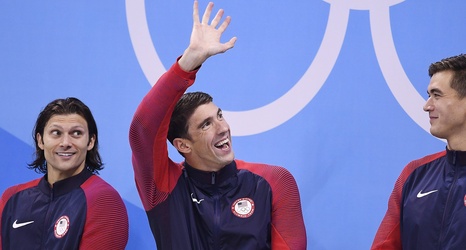On the night of Aug. 7, a Sunday in Rio de Janeiro, Michael Phelps swam the first race of his fifth and (Definitely! Probably. Maybe?) final Olympics. He churned through the pale-blue water of a 50-meter pool inside an arena that, like much of the surreal Games of 2016, seemed not quite ready. Construction materials lay in piles just beyond the perimeter fencing, and flimsy banners dangled from the ceiling. For more than two weeks, Brazil’s Games would hang by a thread, organized on a budget of pennies and prayer.
They were the Olympics that barely happened, in a country that, like so many others, could not truly afford them.
